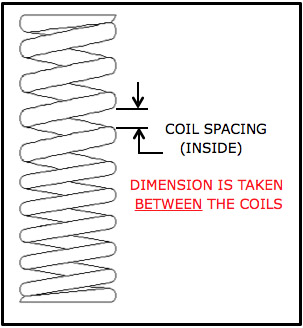Your Cart
Keys to Preparing for a Successful Snowmobiling Trip
- October 10, 2016
Winter is on the horizon, which means it’s time to plan your next snowmobile trip. Careful planning can mean the difference between a good time and a potentially dangerous one. Know what essentials to bring along and how to react in case of emergency.
Safety Gear
In the wintertime, conditions can change at a moment’s notice, so it’s best to prepare accordingly. Equipment you should always have on hand in your snowmobile include Firestarter, water, flashlight with spare batteries, extra ignition key, compass, map, and waterproof matches.
For longer trips, consider adding some additional gear:
- A GPS system provides your exact location so you can relay it to emergency personnel. Learn how to use it beforehand so you won’t have to fuss with it during an emergency.
- A travel-size shovel can help you dig out of minor scrapes. If you will be in an area prone to avalanches, add a probe and an avalanche beacon.
- A strobe light or flares can be helpful when used as directed.
- If you plan to travel over frozen lakes or rivers, carry ice picks attached to cords. Thread them through the sleeves of your jacket so they’re out of the way but are easy accessible if you should fall through the ice.
- An emergency first aid kit, including a thermal space blanket.
Your Toolkit
Prepare a toolkit in case you need to perform basic maintenance on your snowmobile. Always carry a sparkplug wrench, flathead and Philips head screwdrivers, and an emergency starter. If you have room, consider adding duct tape, pliers, a knife, an adjustable wrench, bungee cords, and a tow rope.
Personal Care Items
In addition to your first aid kit and other safety gear, bring your essential personal items with you.
These include:
- Your driver’s license, as well as your safety certification card, if you have one.
- Money.
- A few doses of your critical medications.
- Insurance forms or cards for your snowmobile.
- Satellite phone in case of emergency.
- Energy-dense food like bars (but no shakes, as they might freeze).
Cell phones and even satellite phones can fail if you travel somewhere remote. To help preserve battery life, keep your phone turned off and carry it in an inside pocket close to your body to keep it warm. Don’t rely on your phone as your sole source of safety. Inform a friend or family member of your whereabouts, and instruct someone to call the authorities if you’re not back or in contact by a specified time.
